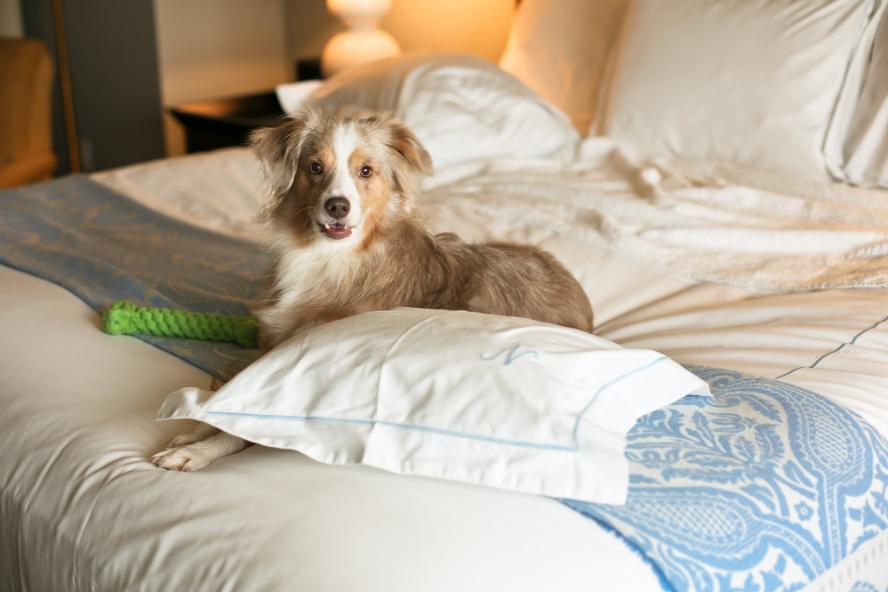
Sleeping with Dogs
Aside from my personal preference, as a veterinary behaviorist, I can say that there is no reason why most dogs should not sleep in their owners’ beds if they and their owners prefer the arrangement.

Aside from my personal preference, as a veterinary behaviorist, I can say that there is no reason why most dogs should not sleep in their owners’ beds if they and their owners prefer the arrangement.
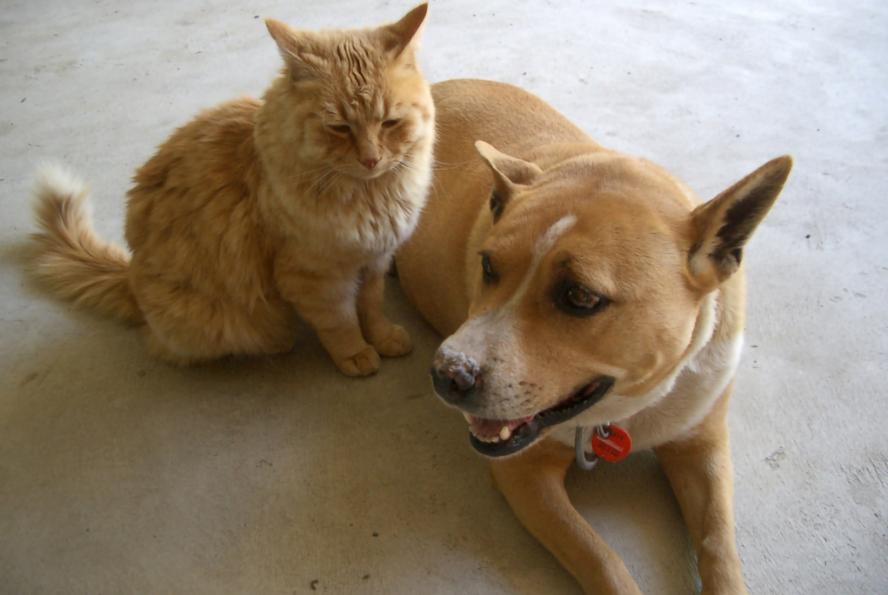
AVSAB’s position is that punishment1 (e.g. choke chains, pinch collars, and electronic collars) should not be used as a first-line or early-use treatment for behavior problems.
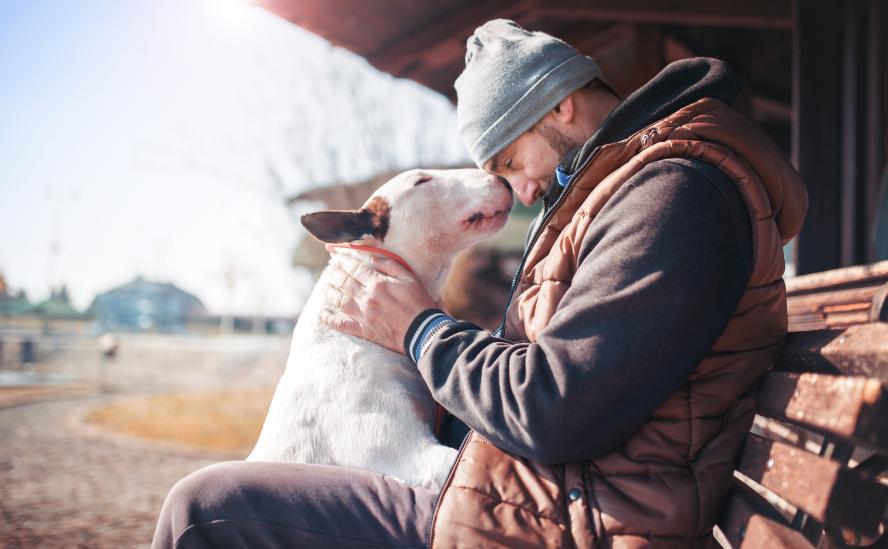
Clinical assistant professor Stephanie Borns-Weil spoke with NBCNews.com for a story on how dog owners can get their dogs ready for a ‘return to normal’.
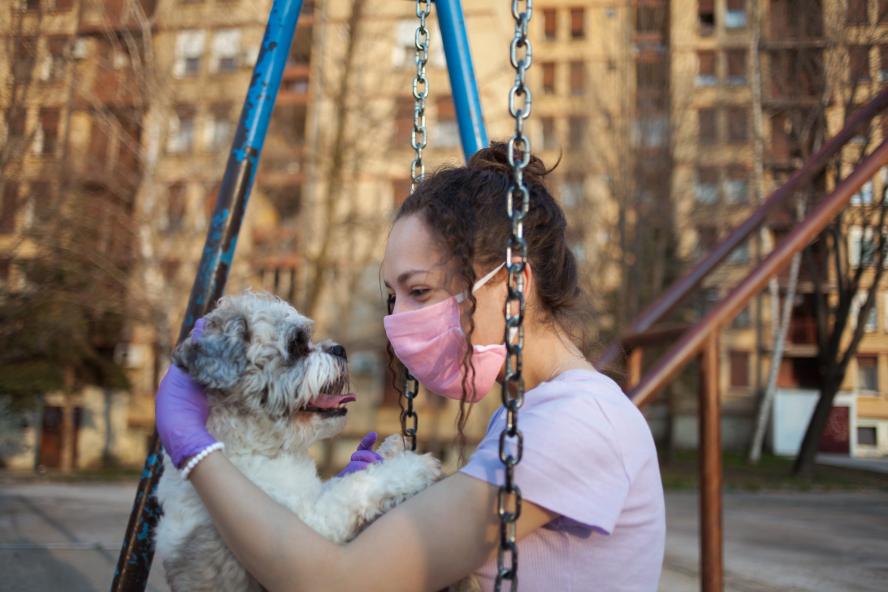
National Geographic National Geographic quotes clinical associate professor Emily McCobb and assistant professor Megan Mueller on the relationship between people and pets during the pandemic.
Clinical assistant professor Stephanie Borns-Weil talks with WBUR's "All Things Considered" about how the pandemic has impacted pet behavior.
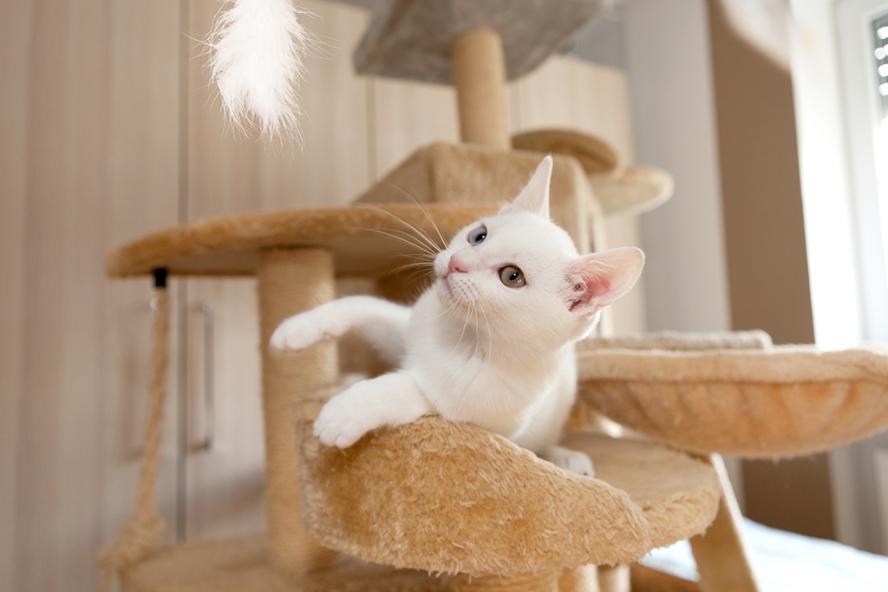
Megan Mueller, the Elizabeth Arnold Stevens Junior Professor at Cummings School, and Clinical Assistant Professor Stephanie Borns-Weil were featured on WCVB’s Chronicle talking about the human-animal bond and animal behavior during the pandemic.
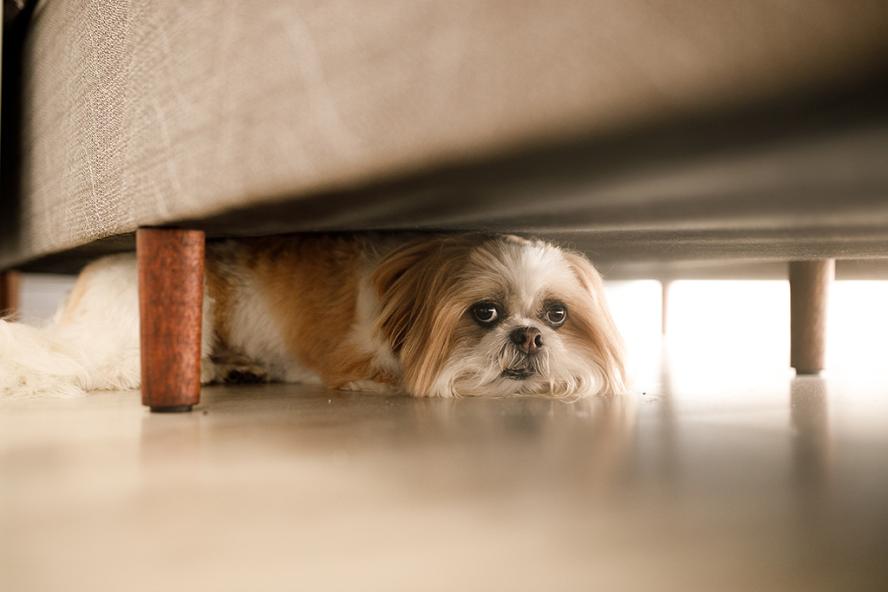
As soon as the sunsets, the pops and bangs begin and the poor dog begins to tremble. Even dogs with a history of mild fear can be sensitized to the frequent explosions.

Veterinary behaviorist Stephanie Borns-Weil discusses why the new stay-at-home normal is hard on cats and dogs—and shares tips for fostering healthy behaviors for us all.
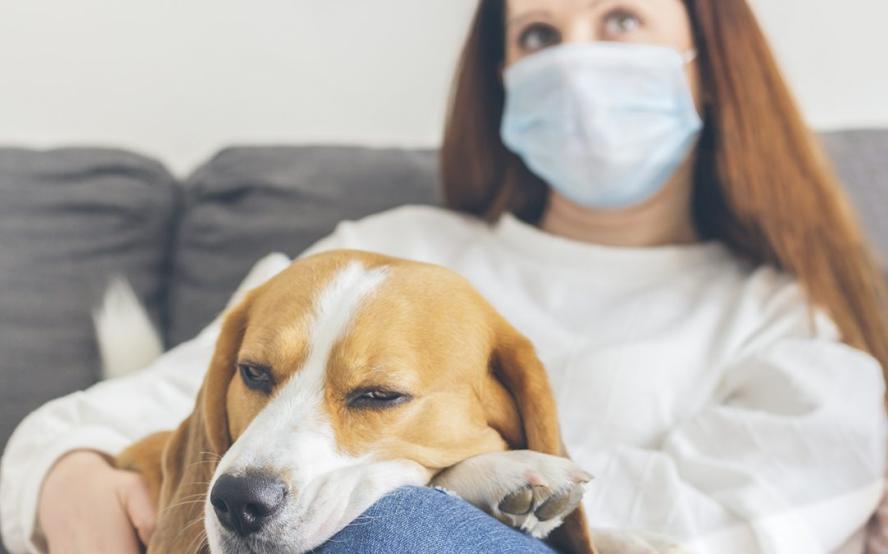
If your dog is fearful of face masks, don’t despair. Behavior modification can help your dog accept the unacceptable masks.
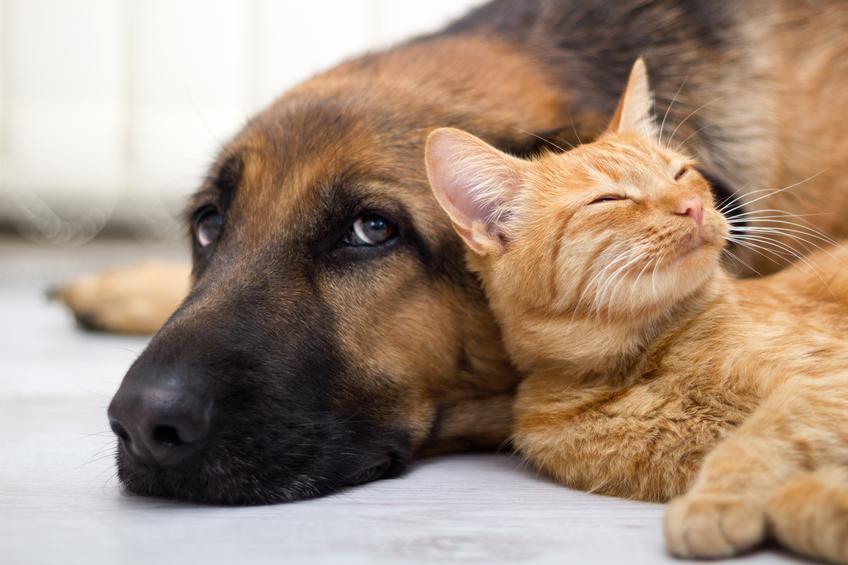
It's not just humans who are having their schedules disrupted due to widespread stay-at-home orders. Veterinary behaviorist Dr. Stephanie Borns-Weil, V07, talked to Shari Small at WBZ NewsRadio about how the new norm is affecting our pets.